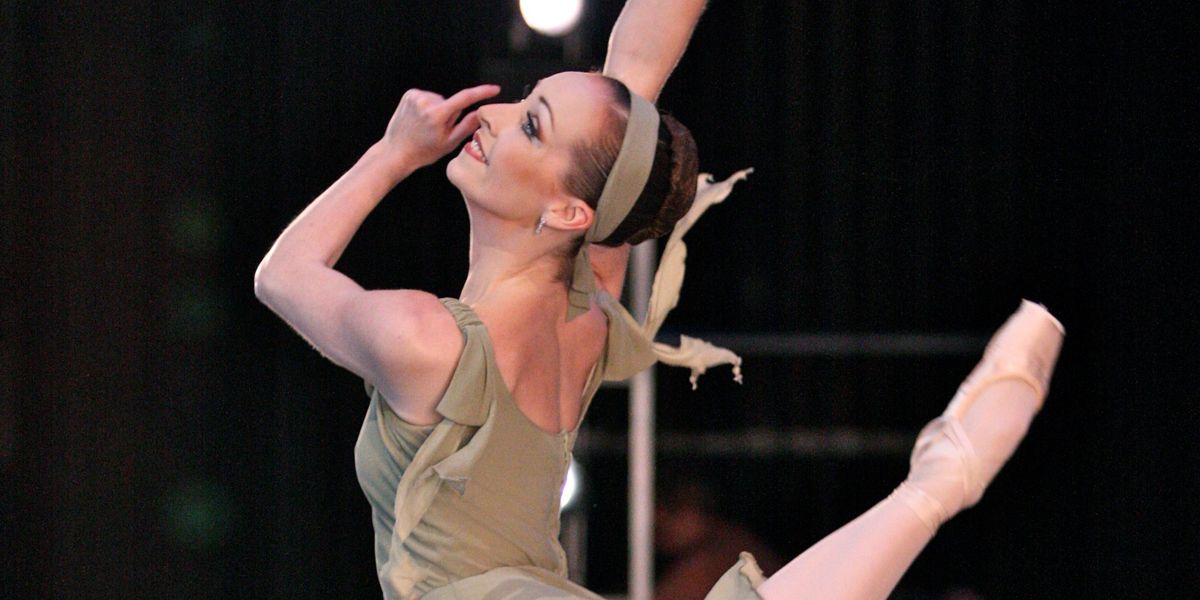When Your Family Doesn't Support Your Dance Career

Noelani Pantastico in Jean-Christophe Maillot’s Roméo et Juliette. Photo by Angela Sterling, courtesy PNB
When she was 11, Noelani Pantastico‘s family moved to Carlisle, Pennsylvania, five minutes from the famed Central Pennsylvania Youth Ballet. Although she had no prior training, the school offered her a scholarship based on her potential.
Yet Pantastico often had to fight her way to the studio: Her mother needed help at home, and felt it wasn’t fair to the other five children to let Pantastico train six days a week. She was routinely late for class because she was waiting for other parents or a teacher to pick her up, or for her mother to give in and drive.
But the CPYB teachers saw her incredible promise and helped any way they could. “Darla Hoover was my mentor—she became the ballet mom I didn’t have,” recalls Pantastico, now a principal with Pacific Northwest Ballet. “To this day, I don’t have a close relationship to my family. My family are the people I work and dance with every day.”
A lack of family support—whether financial, emotional or both—can be a major hurdle for young students and professional dancers alike. Dance is often viewed as a hobby, and well-meaning parents frequently encourage college while discouraging dance.
Parents may desire a more stable or lucrative profession. Or they simply fear the heartache of seeing their child struggle for a career they don’t fully understand. But dancers who keep pushing for an artist’s life, despite familial strains, find the payoff is worth the struggle.
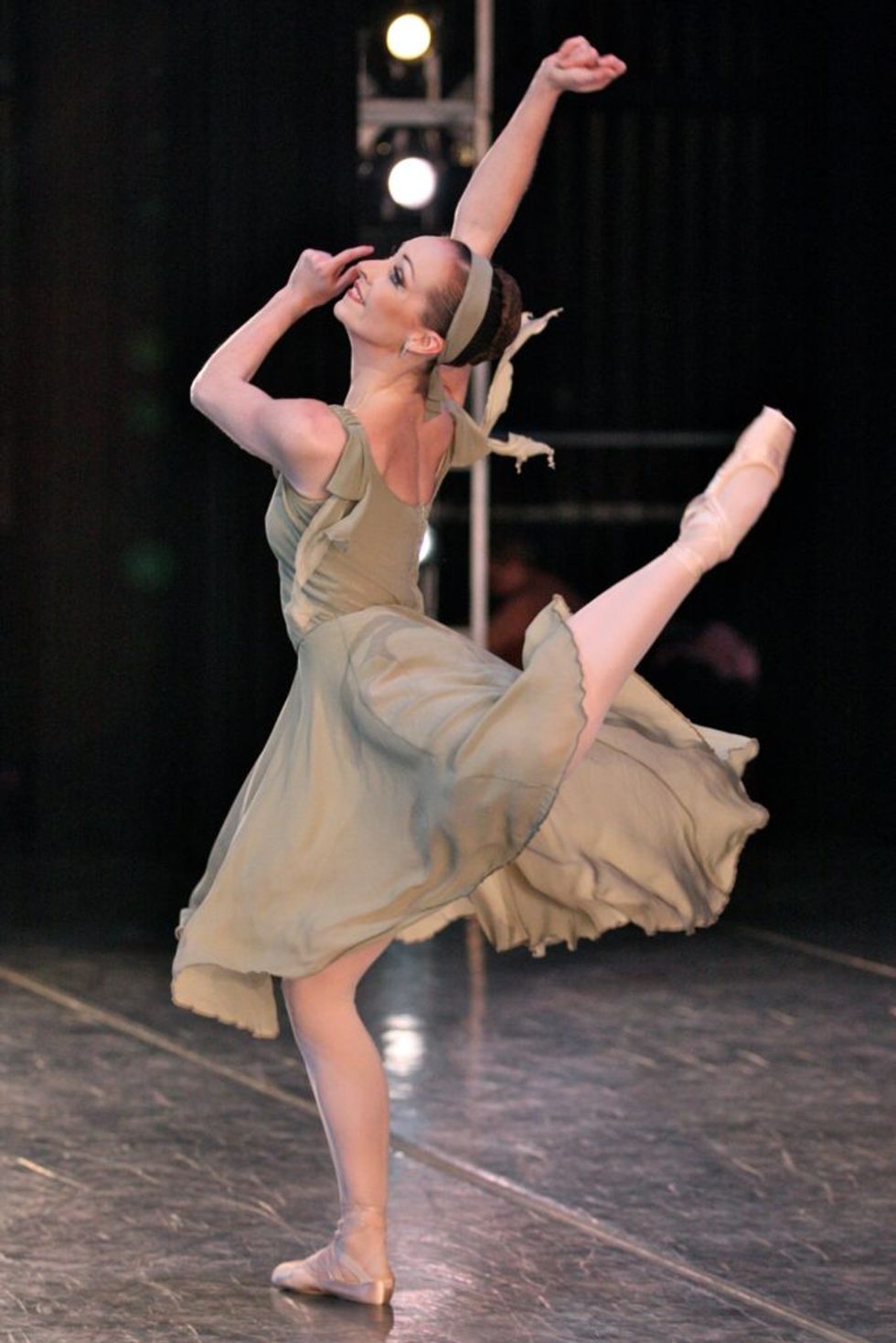
Callie Manning in Dances at a Gathering. Photo by Leigh-Ann Esty, courtesy MCB
The problem often comes down to money, since dance training does not come cheap. Tuition, summer intensives, pointe/ballet/jazz/tap shoes, tights and leotards can add up to over $100,000 by the time a dancer becomes professional.
“I did feel a sense of guilt; the pointe shoe expense was much more than my family had,” recalls Miami City Ballet principal soloist Callie Manning. “I made shoes last longer than I should have just so I wouldn’t have to ask for another pair.” Like Pantastico, Manning was on scholarship at CPYB, where scholarship students had weekly chores (such as cleaning floors or bathrooms).
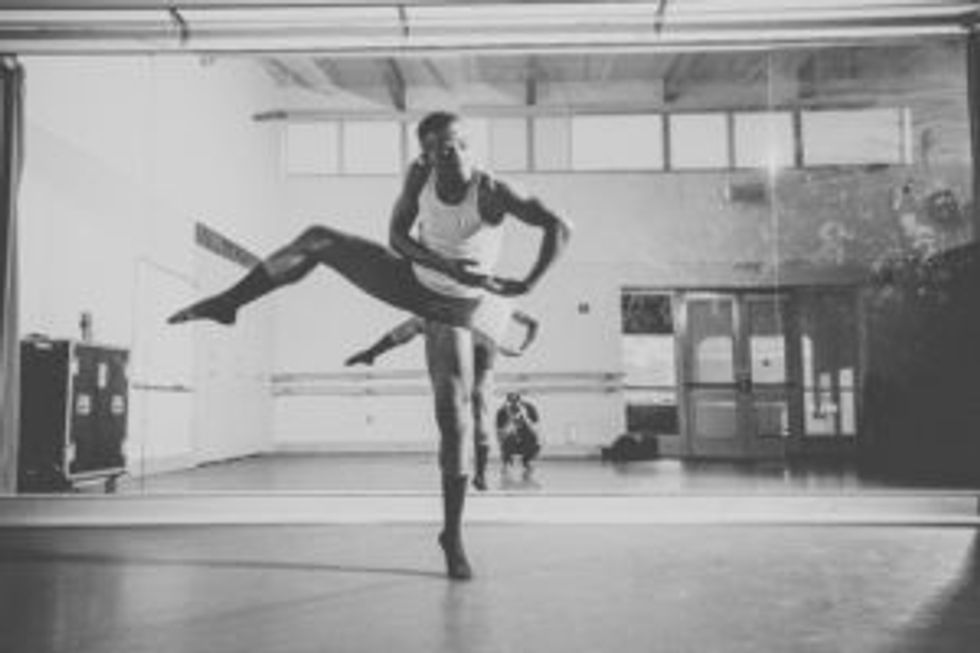
Bernard Brown. Photo by Benjamin Brooks, courtesy Brown
Many students whose families can’t finance their training learn to be self-sufficient, stretching their resources to cover what their scholarships don’t. Lula Washington Dance Theatre dancer Bernard Brown was a scholarship student at Idyllwild Arts Academy and at Purchase College, where he worked in the campus mail room. His work allowed him to buy his own shoes and dance clothes. He unscrewed taps from tap shoes so he could take character class, and washed tights by hand every other day.
“I realize now that my work outside the studio set me up with real life skills,” he says, “but at the time I just tried to blend in. I didn’t want everyone to know I was a foster kid from South Central L.A.”
Some dancers simply struggle to defend the viability of a professional dance career. It can be short-lived. It rarely pays well. It is insanely competitive for women. And many people don’t respect men dancing professionally.
When Hubbard Street Dance Chicago’s Jeffery Duffy told his estranged father he was training seriously in dance, his father responded, “Ain’t no money in that; it’s just for girls.”
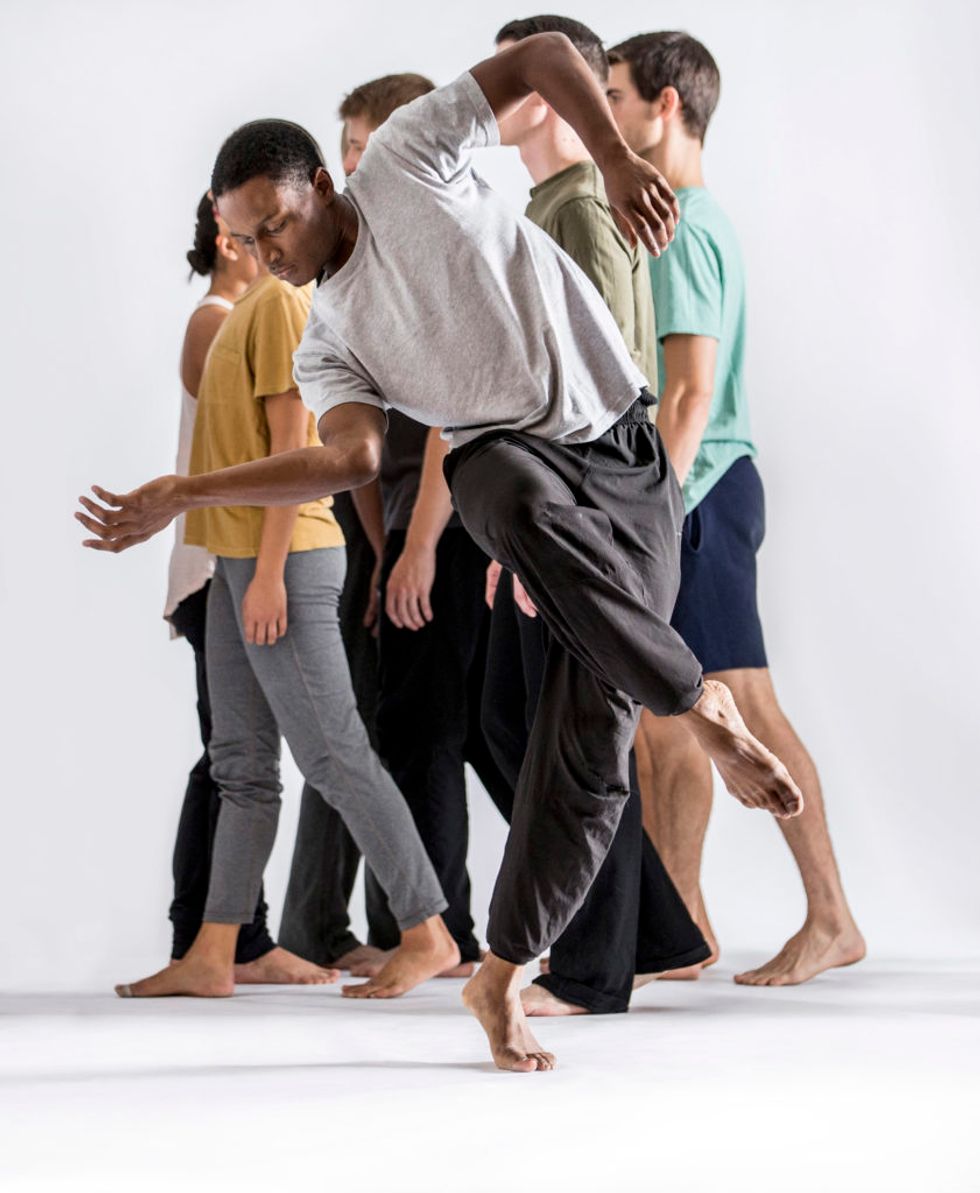
Jeffry Duffy. Photo by Todd Rosenberg, courtesy Hubbard Street
Instead of letting the discouragement stop him, Duffy says, “it enabled me to work hard, to say to him, ‘No, I’m doing this and I’m going to be really great at it!’ ” (Fortunately, Duffy’s mother and brother were willing to sacrifice whatever was needed to help him get there.)
Dancers can sometimes find the support they’re missing at home by bonding with their teachers. For Angeli Mamon—the first female dancer offered a PNB contract after being discovered in the company’s DanceChance outreach program—two of her teachers at the PNB School were willing to do what it took to help her succeed, like helping her audition for summer programs and offering career advice.
“It wasn’t until I was hired into the PNB corps that my mom realized this could be a career,” says Mamon. “But she still wants me to go to college.”
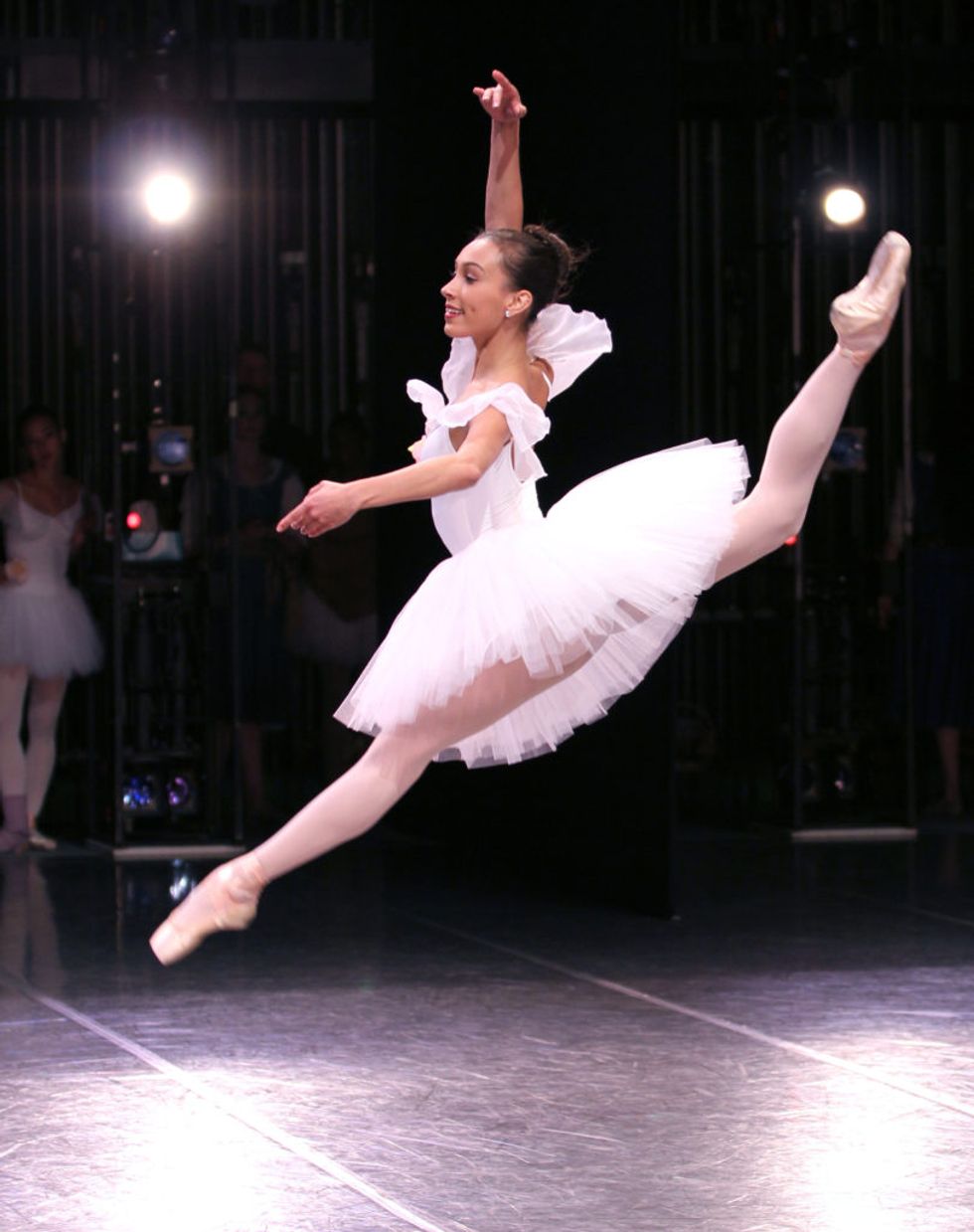
Angeli Mamon in Le Corsaire. Photo by Lindsay Thomas, courtesy PNB
All too often, parental doubts can be too strong for dancers to overcome. Lauren Cohen, a ballet professor at University of Houston, saw her family’s support wane the closer she got to a professional ballet career. “My parents didn’t understand what I was doing because they weren’t there and didn’t ask questions,” says Cohen, who lived and trained at The Washington School of Ballet from ages 13 to 17. “They appreciated dance and loved to see me, but never viewed it as a career, just an extracurricular activity on steroids.”
Hounded by injuries and teenage uncertainties, Cohen let her parents redirect her toward SATs and college applications. She has long since regretted not pursuing a full-time dance career. Five years after giving up dance, Cohen’s husband encouraged her to re-embrace it, and she’s since performed with modern dance companies.
“If you’ve invested a lot of time in dance and you love it, just try it!” says Cohen. “Don’t worry about failing. That will never lead to growth.”
The key is to focus on the ultimate goal, not financial uncertainties or parental deterrents. Now one of PNB’s star dancers, Pantastico feels that her childhood hardships made her stronger and more in charge of her own life. “If you seek out the people willing to help you, are open and generous with your heart,” she says, “the hardships will not get you down!”
